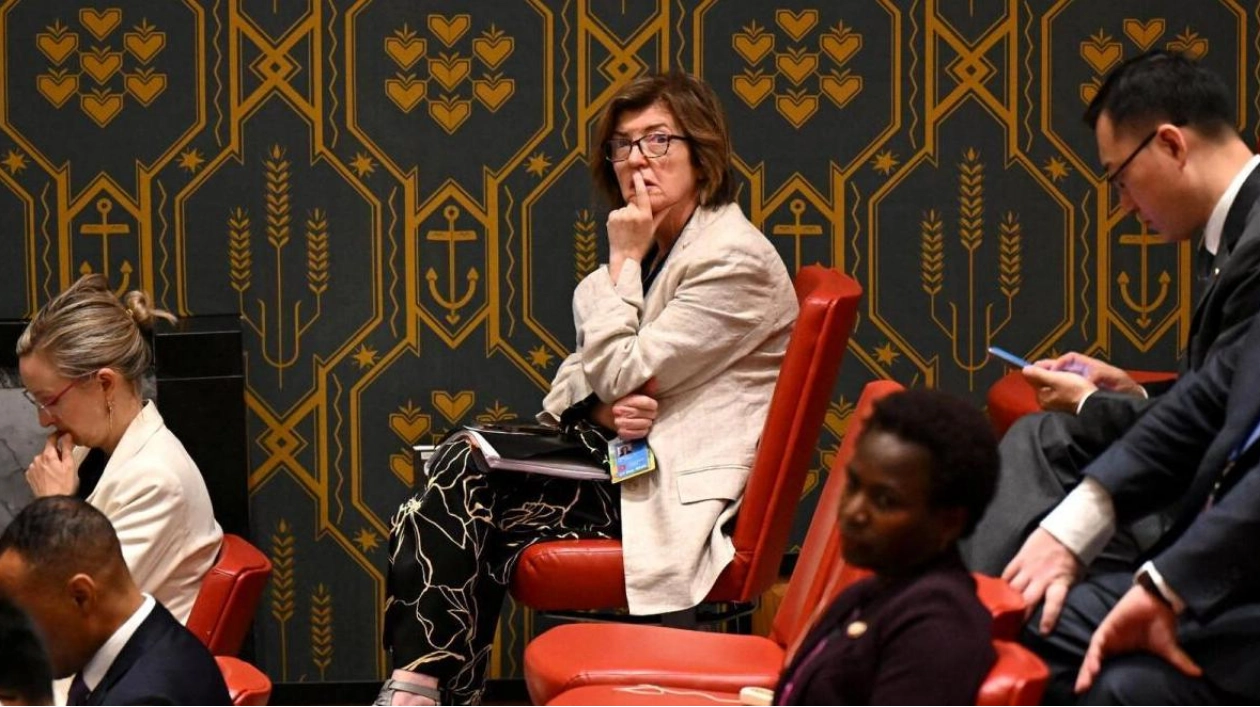British Prime Minister Keir Starmer's chief of staff, Sue Gray, resigned on Sunday amid intense scrutiny during the Labour government's initial months in power. Gray announced her departure, stating that the "intense commentary around my position risked becoming a distraction to the government's crucial work of change." This resignation follows reports of tensions within the government's top ranks, including conflicts between Gray and several political advisers, and revelations that her salary exceeded Starmer's. The Labour party conference last month was marred by several disputes, including allegations of in-fighting and controversy over Starmer accepting gifts worth thousands of pounds. Since then, the prime minister has been working to stabilize the situation. In a statement on Sunday, Starmer expressed his gratitude to Gray for her service, noting her contributions both in opposition and in government, and her efforts to prepare the party for governance and initiate their reform agenda. "Sue has played a vital role in strengthening our relations with the regions and nations," he added. Gray, who previously led the partygate investigation into illegal lockdown parties under former Conservative Prime Minister Boris Johnson, will now assume a new role as the envoy for the regions and nations. She will be succeeded as chief of staff by Morgan McSweeney, who previously directed Labour's general election campaign.

Text: Lara Palmer
06.10.2024
Labour government's early challenges highlighted by Sue Gray's resignation and internal conflicts





